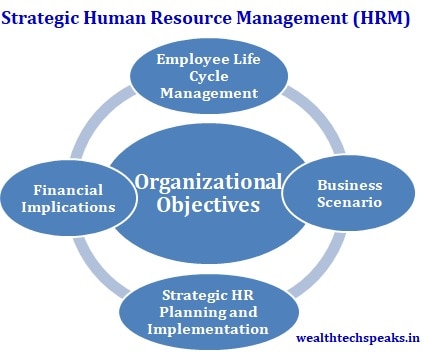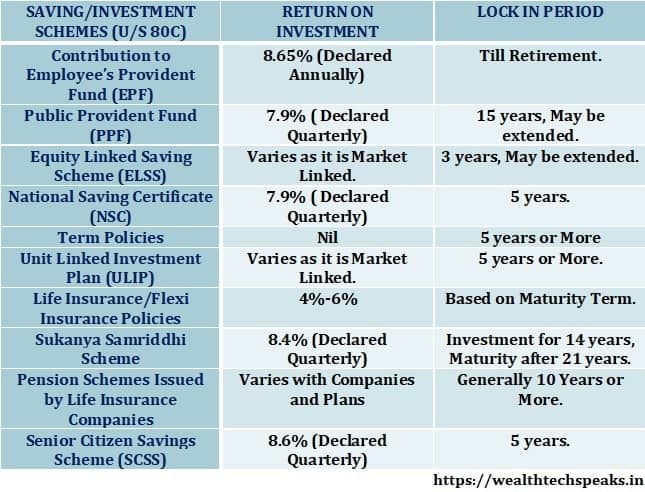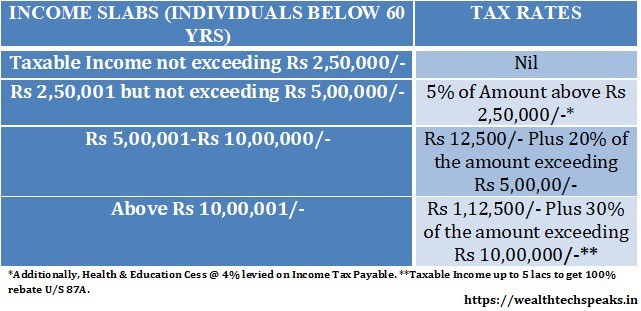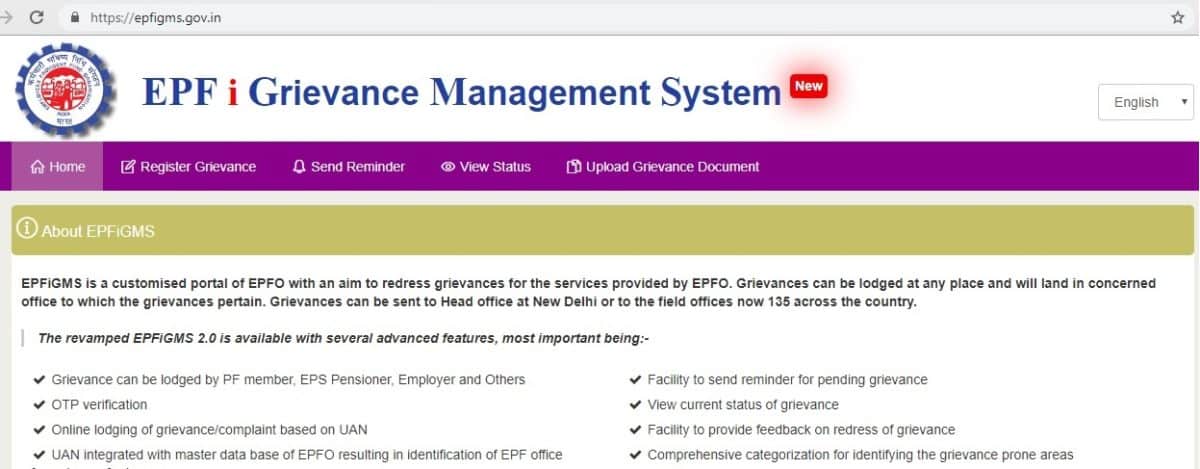
Employees’ Provident Fund Scheme 1952
- Posted By Amritesh
- On April 17th, 2017
- Comments: one response
Employees’ Provident Fund Scheme, 1952 came into effect on 4th March,1952. It is a statutory body under the Government of India and under the regulation of Ministry of Labour and Employment. It was introduced to provide a form of Social Security to the Workers and Employees and safeguard their future. It provides lumpsum benefits to the subscribers on retirement.
Employees’ Provident Fund (EPF): Latest Recommendations
The Act also covers:-
APPLICABILITY OF THE ACT
Every establishment which is a factory engaged in any Industry specified in Schedule I and in which 20 or more people are employed.
Any Establishment employing more than 20 people or class of such establishments which the Central Government, by notification specify.
Cinema Theatres employing 5 or more persons.
ADMINISTRATIVE AUTHORITY
The Act is administered both by Central and the State Government in their respective spheres.
EMPLOYEES COVERAGE (Amended Sep,2014)
Every Employee, including the ones employed through a contractor, who is in receipt of wages/salary up to Rs 15,000 p.m shall be eligible for becoming a member of the funds. Even employees earning more than Rs 15,000 p.m may become member if the employer has a provision for the same but it is not mandatory.
CONTRIBUTION TO THE FUND
CONTRIBUTORS | RATE OF CONTRIBUTION |
EMPLOYEE’S | 12% of Pay to Employees Provident Fund. “Pay Includes Basic Wage, Dearness Allowance, Retaining Allowance” Basic Wage :- The expression means all emoluments which are earned by an employee while on duty or leave or on holidays with wages, in accordance with the terms of the contract of employment and which are paid or payable in cash and are payable for the time being to each of the employees. It does not include any cash on food concessions, house rent allowance, overtime allowance, bonus, any commission or gifts. Dearness Allowance: It is the Cost of Living allowance paid to employees and shall include cash value of any food concession allowed to the employee. Retaining Allowance: It means any allowance payable to an employee, in respect of any period during which the establishment is not working, for retaining the service of the employee. |
EMPLOYER’S | Employer’s contribution shall be equal to the contribution payable by the employee. The Employer will be responsible for the deduction and deposit of the same into the provident fund account. However, Out of the 12% contributed by the employer, 8.33% goes to the Employees Pension Fund (EPS) and remainder 3.67% is contributed to the Employee Provident Fund. |
ADMINISTRATION CHARGES
The Employer is required to pay following administrative charges also:-
0.5% of the employee’s wages/salary with contribution rounded to nearest rupee for each employee. Minimum of Rs 500 as administrative charges needs to be paid to EPF.
Minimum charge of Rs 75 every month, to be paid as administration expenses towards provident fund for every non functional establishment having no contributory member.
0.5% of the employee’s wages/salary every month is contributed to Deposit Linked Insurance Fund.
0.1% of the employee’s wages/salary subject to minimum of Rs 200 every month has to be paid for the administration of Deposit Linked Insurance Fund. The amount is Rs 25/- in case of no contributory member for any month respectively. (Waived Off from 1st April, 2017)
NOMINATION
Every employee who becomes the member of EPF is required to submit a nomination in the prescribed form to the employer. One or more person can also be nominated and the nomination can be changed any time by giving a notice. An Employee having a family can nominate any of his family members only. Incase, a member has got no family, nomination may be made in favour of any person(s), whether related to him/her or not.
TAX BENEFIT
Employee can avail Tax Deductions under Section 80C of the Income Tax Act, on the contributions made to the Provident Fund. But only the employee’s contribution is eligible for deduction.
Lumpsum withdrawal from Provident Fund is fully exempted from Tax, provided the Subscriber has been in continuous service for 5 years or more (Including Service/s rendered to previous employer). However, if the service rendered is less than 5 years due to reasons beyond one’s control (serious health ailments suffered by the individual, closure of employer’s business), then also individuals are exempted from Tax.
INTEREST ON THE PROVIDENT FUND
The Provident Fund Body declares the rate of interest every financial year that is to be paid on the Deposits on the basis of the financial corpus at their disposal. The rate of interest for Financial Year 2015-16 has been revised to 8.70% from 8.75%.
The rate of interest for Financial Year 2017-18 has been fixed at 8.55% by the EPFO.
WITHDRAWAL
Members of the fund may withdraw entirely from the fund on account of:-
Retirement or after attaining the age of 55 years.
If unemployed for two months after resigning or losing a job, 75% may be withdrawn post 1 month of unemployment.
If the member is permanently settling abroad.
90% of the Fund may be withdrawn if the Subscriber has attained the age of 54 and the rest a year later.








buy real cialis online 2 cm 2; E 2 1 cm capsule; 0